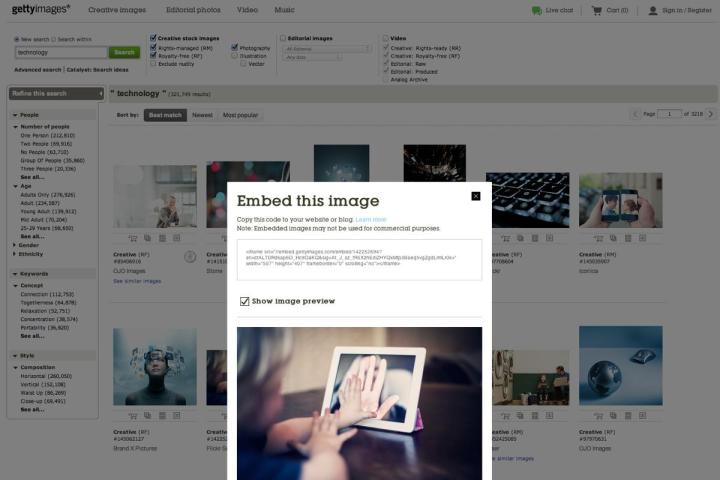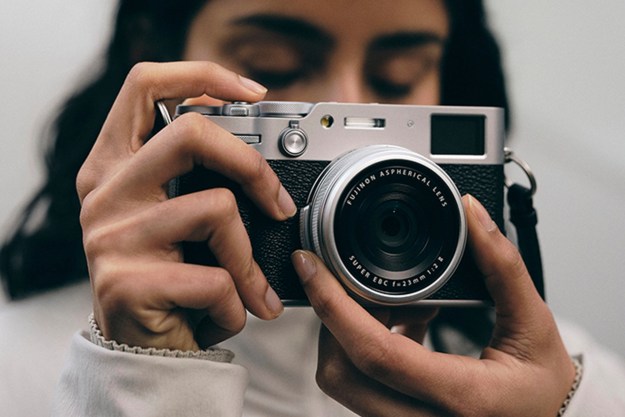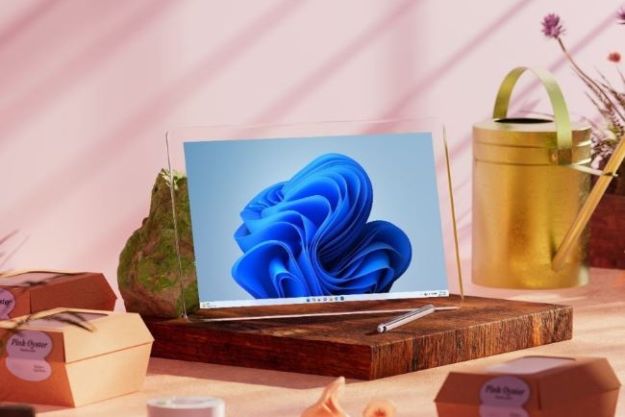
Getty Images just did us all a solid. The company announced that anyone could share tens of millions (35 million, to be exact) of images from the agency’s library, all without cost. That means you can now utilize many of Getty’s high-quality shots taken by experienced photographers for your blog, website, Facebook, etc., provided it’s for non-commercial purposes. (This announcement is separate from the Getty Museum’s Open Content initiative, as the two entities are separate.) Photo topics are wide ranging, from news to sports and entertainment.
To properly use content from Getty Images, it’s not simply a copy-and-paste job. The agency has created a new embed tool that includes photographer attribution and a link back to the Getty Images website where the photo can be found. Getty says “this will provide people with a simple and legal way to utilize content that respects creators’ rights, including the opportunity to generate licensing revenue.” For commercial use, you’ll have to go through the licensing process. Attendees at this year’s SXSW festival will get a hands-on look at the new tool, at the Getty Images House.
“Innovation and disruption are the foundation of Getty Images, and we are excited to open up our vast and growing image collection for easy, legal sharing in a new way that benefits our content contributors and partners, and advances our core mission to enable a more visually-rich world,” said Getty Images CEO and co-founder Jonathan Klein in a press statement.
The tool is simple to use. Simply find an image, hover over it, and if the embed </> icon appears, then it’s available. Naturally, not all images have this option, such as the selfie Ellen Degeneres took at the Oscars.
This latest endeavor follows Getty’s partnership with Pinterest last year, which saw Getty adding photo credit information to any of its images that users “pin” to their page. (Pinterest pays Getty for the metadata.) Today, Getty also announced another partnership, with EyeEm, that will see a selection of images from the photo-centric mobile app available for licensing through Getty’s channels, including iStock.com.
All these initiatives demonstrate that how difficult it is to police the Internet for illegal use of copyright images, as well as to monetize off copyright images. Web content creators who freely utilize images without payment or attribution can make money off them (via ads from traffic to their sites), while the photographer loses out. Instead of trying to criminalize the innocent use of its images, Getty instead will make it easy on everyone, bring proper attribution to the photographers who shot the images, and help make them some money. Like the music industry in the early days of digital MP3 downloads, you can either fight it or try to work with it. (Getty will continue to pursue those who improperly use its content, however.)
According to the British Journal of Photography, Getty found that it alone cannot enforce the illegal use of its content, which has been a significant problem. “We’re really starting to see the extent of online infringement,” Craig Peters, senior vice president of business development, content, and marketing at Getty Images, told the BJP. “In essence, everybody today is a publisher thanks to social media and self-publishing platforms. And it’s incredibly easy to find content online and simply right-click to utilize it.”
Like the Getty Museum, Getty Images will study the information it gains from users, such as how its images are being used and for what purpose. Getty may also implement advertising in the future.
“Getty Images’ move is expected to have drastic repercussions across the entire stock photography market, which has been forced, in recent years, to compete against the number one stock library by slashing its prices,” the BJP wrote.
“You have to adapt to survive,” said Kevin Mazur, celebrity photographer and director, and co-founder of WireImage Inc., in the same press statement. “Evolving to embrace technology that encourages responsible image sharing is the way forward for the industry.”
While users have always had access to royalty-free images, the addition of Getty Images certainly increases the number of images available, not to mention the quality. Getty photographers, however, won’t have an option to opt out.
(Via Getty Images, British Journal of Photography)


